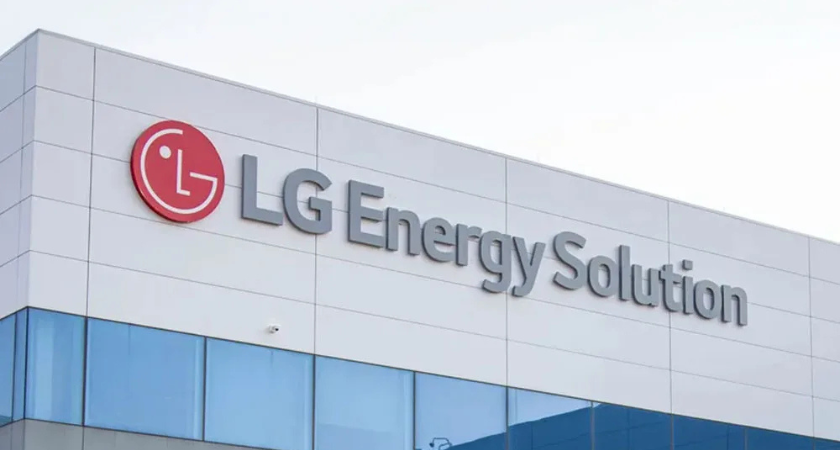
SEOUL/ATLANTA — LG Energy Solution (LGES) has announced it is suspending construction of its U.S. battery plant in Georgia after U.S. immigration officials carried out a sweeping raid that led to the arrest of hundreds of workers, many of them South Korean nationals.
.jpg)
The factory, being built jointly with Hyundai Motor Group, is part of a $7.6 billion investment in Georgia that state officials have described as the largest economic development project in their history. The facility was expected to play a central role in supporting Hyundai’s EV manufacturing at its nearby Hyundai Motor Group Metaplant America (HMGMA) site.
Struggling to find skilled workers or boost efficiency? CO Summit Atlanta brings solutions and connections directly to you. | Learn More
Last Thursday, nearly 500 ICE agents and federal investigators swarmed both the LGES battery factory construction site and Hyundai’s EV plant. Authorities detained 475 people, reportedly including more than 300 South Korean citizens, citing visa irregularities.
A spokesperson for LGES told South Korean media the company had already delayed the plant’s production start from 2024 to next year due to market conditions, and that it was “too early to say” if the immigration crackdown would affect long-term operations. Hyundai, meanwhile, has reportedly banned all U.S. business travel for its staff following the raid.
South Korean officials quickly intervened. Kang Hoon-sik, Presidential Chief of Staff, said:
“We are well aware of the concerns that have been raised regarding our investment in the US following the immigration crackdown. To prevent similar incidents in the future, we will review and improve the accommodation and visa system for those on US project business trips in cooperation with the Ministry of Trade, Industry and Energy and related companies. The government will ensure the practical implementation of all measures to harmoniously achieve the two goals of the swift release of detained citizens and the stable execution of the investment project.”

The raid highlights a conflict between Trump administration policies: while the White House has vowed to crack down on immigration, it has also celebrated foreign investments that create U.S. jobs. Georgia Governor Brian Kemp has championed Hyundai and LGES’s investment as transformational for the state economy.
Industry experts say visa restrictions have long been a challenge. South Korean companies must deploy specialized workers to oversee construction and technology installation, yet work visas are difficult to obtain. As a workaround, some relied on travel visas, a practice that had reportedly been tacitly tolerated in the past.
Critics argue the scale of the raid was disproportionate. Kang DaeKwun, chief investment officer at Life Asset Management Inc, said:
“The case demonstrates how tough it has become for Korean companies to make money from the investments in the US. Return on investment was already getting low due to inflation, and now companies face hiring challenges as well.”
Under a provisional arrangement between U.S. and South Korean authorities, detained South Korean workers will likely be allowed to return home this week. But whether they or other specialists will be able to return to Georgia to resume construction remains unclear.
The episode casts doubt not only on LGES’s factory timeline, but also on whether South Korea’s broader multi-billion-dollar investment plans in the U.S. will proceed as originally intended.
Originally reported by Electrive.